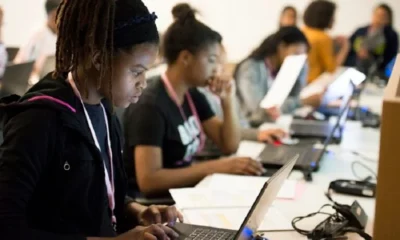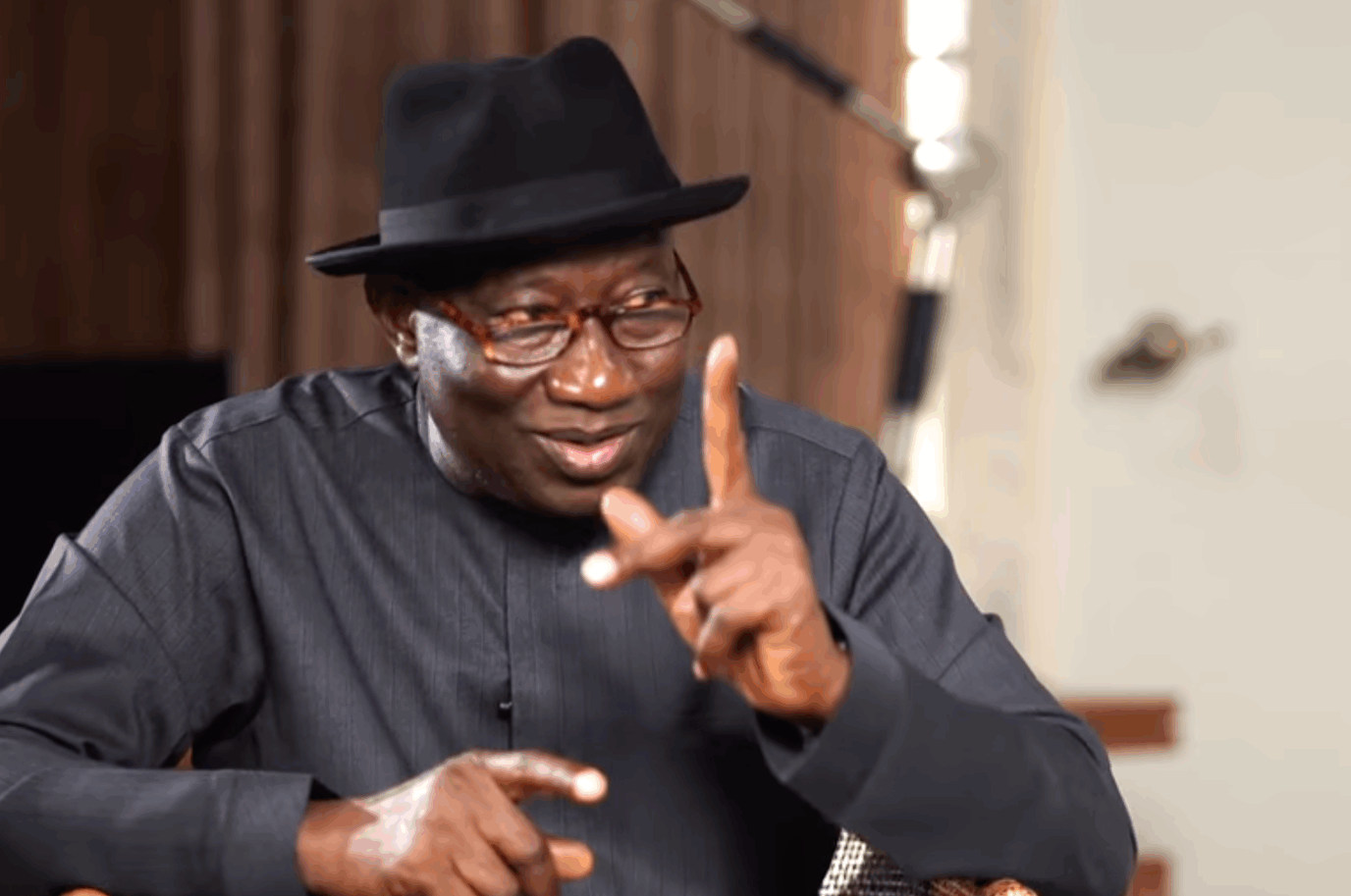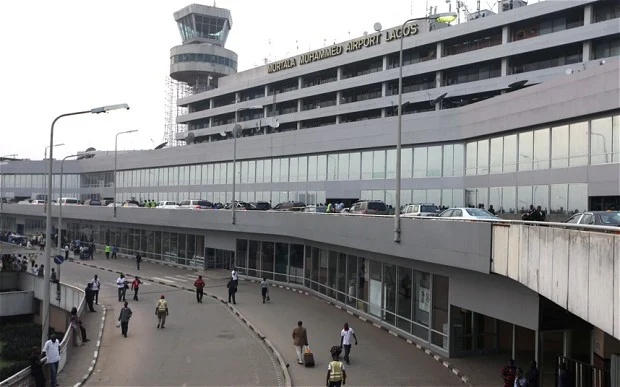-

 BIG STORY5 days ago
BIG STORY5 days agoBREAKING: Governor Sanwo-Olu Accepts Hosting Rights For BON Awards, Lauds Organisers’ Guinness World Record Bid
-

 BIG STORY2 days ago
BIG STORY2 days agoJUST IN: FG Declares Friday, Sept 5, Public Holiday For Eid-ul-Mawlid — Interior Minister Urges Prayers For Peace, Unity
-

 BIG STORY5 days ago
BIG STORY5 days agoFirstbank’s ₦1 Trillion Digital Loan Disbursement Milestone And The New Era Of Inclusive Lending In Nigeria
-

 BIG STORY2 days ago
BIG STORY2 days agoFidelity, Sterling, Other Tier-2 Banks Under Pressure As CBN’s 2026 Recapitalisation Deadline Looms — SBM Report
-

 BIG STORY3 days ago
BIG STORY3 days agoLeave Before Visa Expires Or We’ll Remove You — UK Warns Foreign Students
-

 BIG STORY5 days ago
BIG STORY5 days agoJUST IN: Phyna’s Sister Ruth Otabor Dies After Truck Accident
-

 BIG STORY4 days ago
BIG STORY4 days agoBREAKING: Finnish Court Sentences Simon Ekpa To Six Years In Prison For Terrorism Crimes
-

 BIG STORY2 days ago
BIG STORY2 days agoNew Secondary School Curriculum To Include Journalism, Programming Modules [SEE FULL LIST]
Connect with us
















